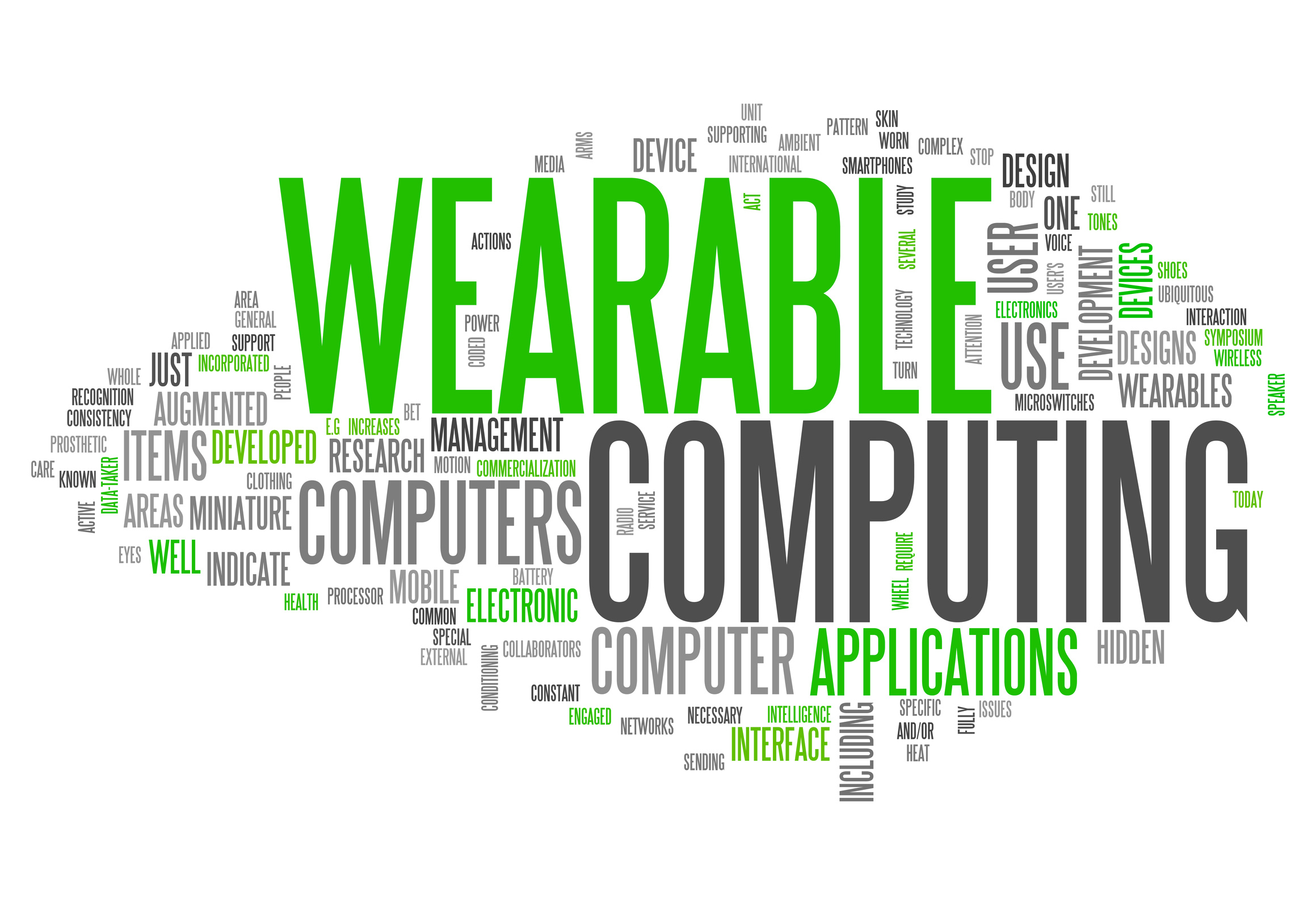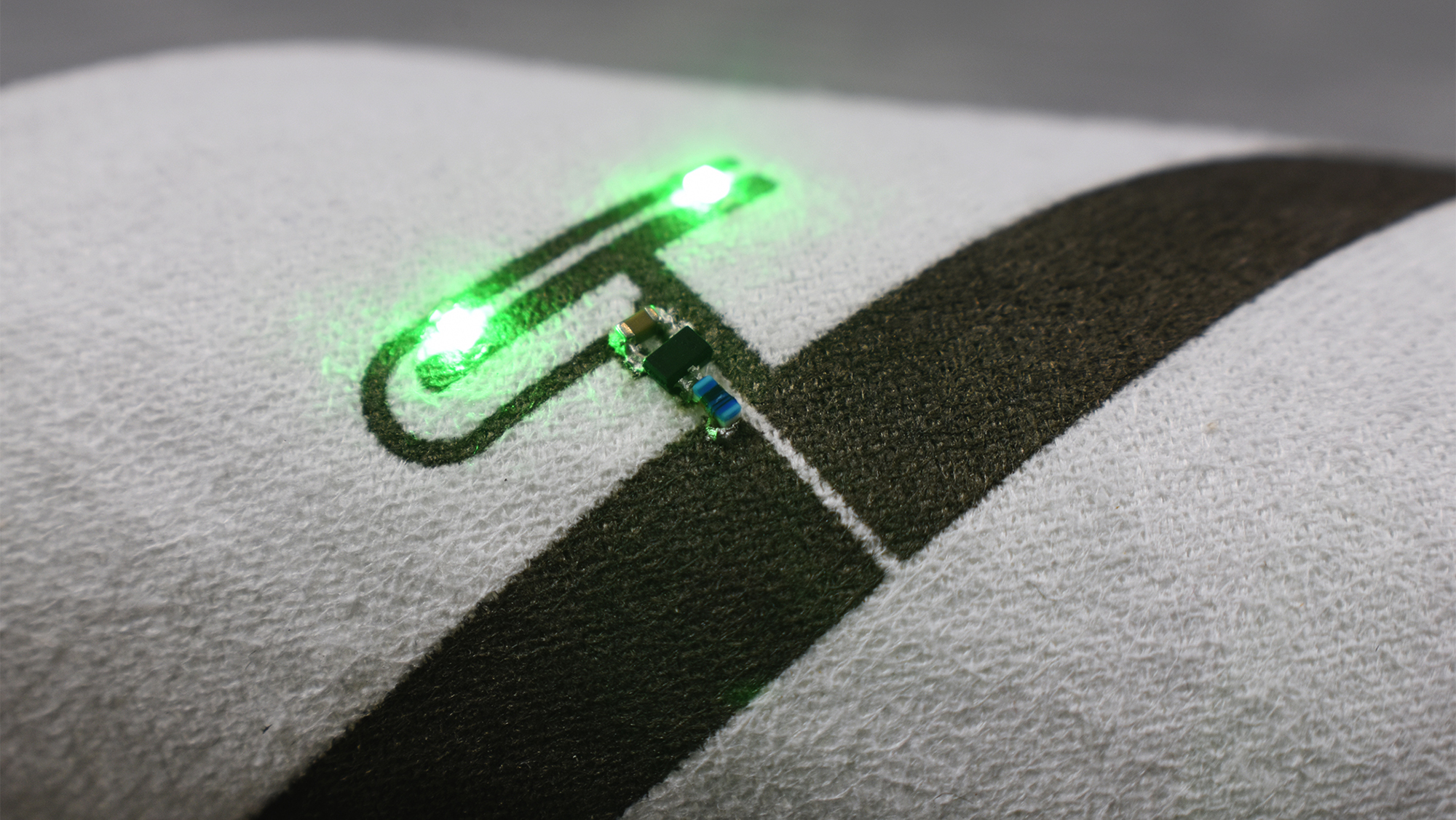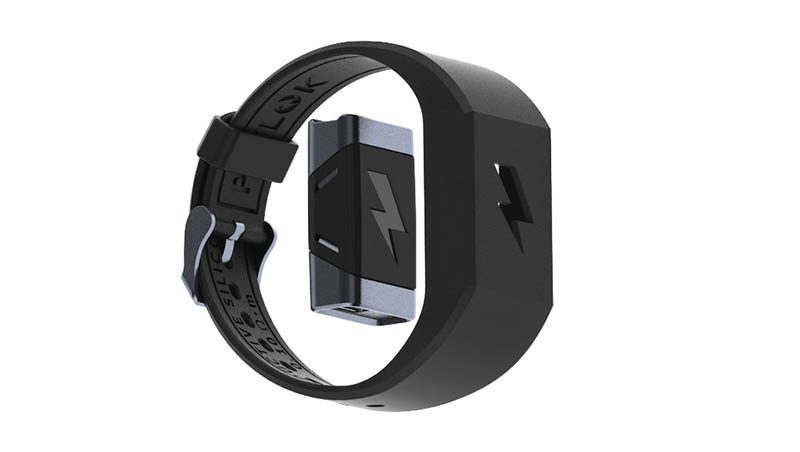Beyond illness: the future of healthcare technology
How can advances being made in health and wellbeing influence the future of work?


The next step from bionic limbs is neurological implants.
Once again, this is a technology that has appeared often in sci-fi media, giving humans advanced analytical capabilities, enabling them to carry out actions more precisely, allowing them to solve problems more quickly, and enhancing reflexes.
In reality, this is a field that is much more firmly in the research and theory stage than bionics, 3D printing or wearbles. But that is not to say there is nothing in production.
Deep brain stimulation (DBS) is a technology used in the treatment of Parkinson's disease, essential tremor, and dystonia, albeit rarely and only in cases where traditional medications are not working.
However, further research is also being carried out on patients with severe depression, obsessive compulsive disorder, or who suffer from chronic pain.
"It's not well appreciated, but over half the world's population suffers from some kind of cognitive, emotional, sensory or motor condition," said Herr.
"Because of poor technology, too often conditions result in disability and a poorer quality of life," he added, claiming, as with the physically disabled, those suffering from these conditions should have the right to be free of such illnesses.
Sign up today and you will receive a free copy of our Future Focus 2025 report - the leading guidance on AI, cybersecurity and other IT challenges as per 700+ senior executives
While the technology is immature, further research could result in life changing results for people with debilitating neurological and psychiatric disorders. As with bionic prostheses, neurological implants could help these patients successfully integrate back into society and, ultimately, into the workplace.

Jane McCallion is Managing Editor of ITPro and ChannelPro, specializing in data centers, enterprise IT infrastructure, and cybersecurity. Before becoming Managing Editor, she held the role of Deputy Editor and, prior to that, Features Editor, managing a pool of freelance and internal writers, while continuing to specialize in enterprise IT infrastructure, and business strategy.
Prior to joining ITPro, Jane was a freelance business journalist writing as both Jane McCallion and Jane Bordenave for titles such as European CEO, World Finance, and Business Excellence Magazine.
-
 Copper supply shortages could hamper big tech infrastructure plans
Copper supply shortages could hamper big tech infrastructure plansNews Copper supply bottlenecks could put a huge dent future big tech infrastructure plans
-
 Salt Typhoon behind attack on US Congressional email system
Salt Typhoon behind attack on US Congressional email systemNews The Salt Typhoon campaign marks the latest in a string of attacks on US government communications networks
-
 Connected Cloth: Your new digital epidermis
Connected Cloth: Your new digital epidermisIn-depth eTextiles, smart fabrics and connected clothing could revolutionise wearable tech
-
 TikTok to open first European data centre in Ireland
TikTok to open first European data centre in IrelandNews The move could signify a desire to shift its operations away from the US as well as secure its position in the European market
-
MPs in a muddle over GDPR and storing voters' personal data
News Labour MP Chris Bryant says his staff were told to delete constituents' data
-
 Trump resort will not be charged for breaching data laws
Trump resort will not be charged for breaching data lawsNews Presidential hopeful's Scottish golf course failed to register under the Data Protection Act for four years
-
 Pavlok electric shock wristband could be security risk
Pavlok electric shock wristband could be security riskNews The wristband that supposedly stops over-spending could be hacked according to Kaspersky Lab
-
 Banks urged to share data but warned over security
Banks urged to share data but warned over securityNews Experts voice concern over security of open API recommendations
-
 EU centralises European open data through one portal
EU centralises European open data through one portalNews Open Data Portal will enable public sector bodies to share information
-
 Experts question sheer scale of data storage required by Snooper's Charter
Experts question sheer scale of data storage required by Snooper's CharterNews Who will foot bill for physical infrastructure to house UK's browsing histories?